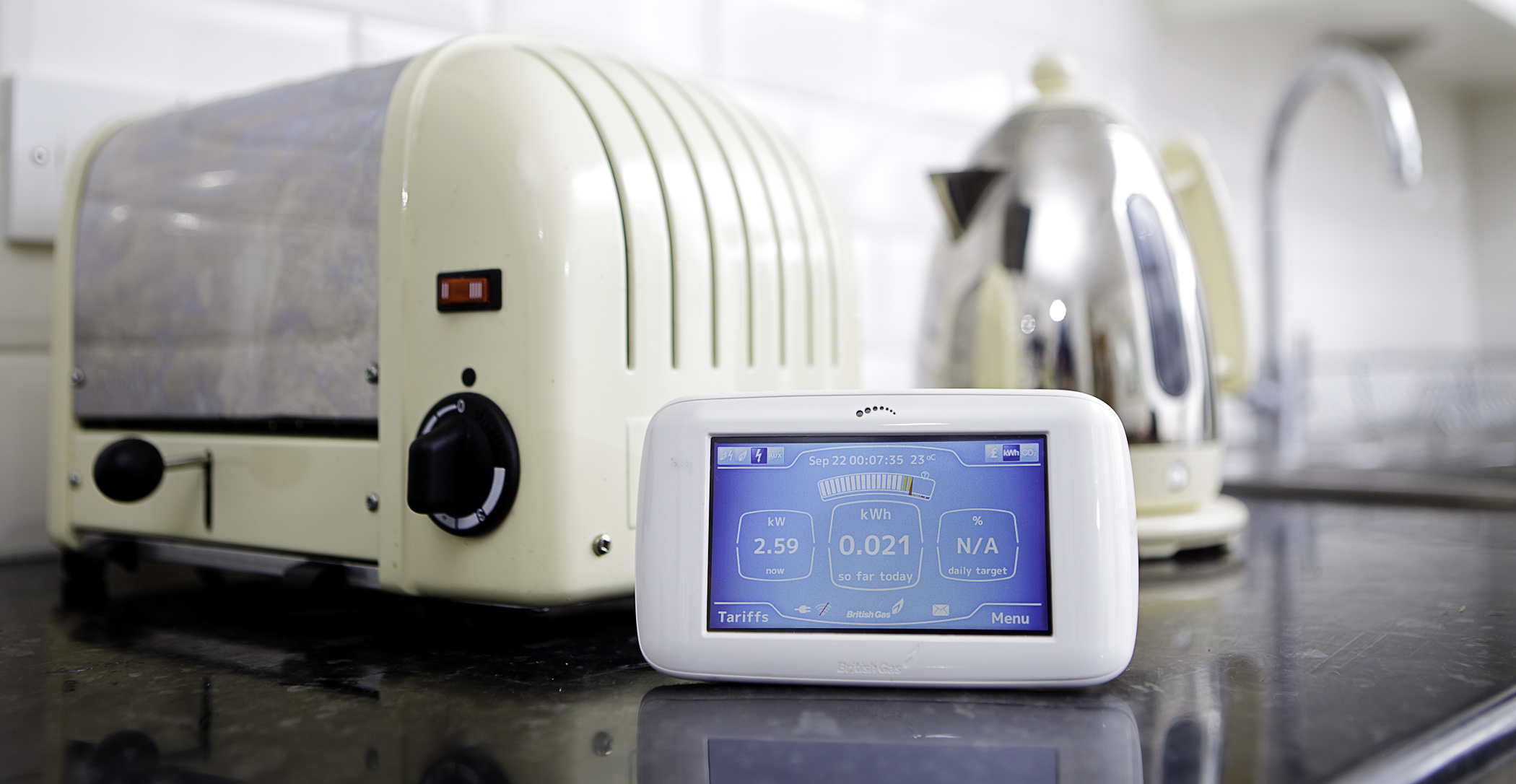Automating energy will reinvent the market
On-demand energy supplied to Smart Homes will cut costs for end-users in the process


On-demand energy will completely revamp the market by making it more customer-focused and bring down bills in the process, a report has claimed.
The Smart Lives initiative, commissioned by the Energy Saving Trust (EST) and carried out by Goldsmiths, University of London, considers the opportunities of introducing smart home technologies to the energy sector. The university questioned people about how they use energy and smart technologies in the home to learn more about their attitudes to smart energy.
It was discovered that the most effiicient way to manage energy is by taking a model like Uber or Airbnb - collective consumption that allows energy to be paid for by a whole community with the cost shared equally and changing according to demand.
Chris Brauer, Smart Lives research director at Goldsmiths, said: "Automating the system would allow us to use energy collaboratively, as a service, in much the same way that one would use AirBnB.
"By employing automation and artificial intelligence in the home it's possible to find an energy consumption sweet spot that will bring costs and consumption down. But to get there, we must be prepared to let the systems in our home take the wheel."
The research revealed that although people are rushing to install smart tech such as thermostats and lighting systems in their homes, they don't actually understand how it will improve their day-to-day living.
The participants suggested introducing a home operating system that will control everything for them, allowing them to take advantage of lower tariffs at certain times of the day, such as when demand is lower and ultimately saving money on their monthly bill, would be a good place to start, though.
Get the ITPro daily newsletter
Sign up today and you will receive a free copy of our Future Focus 2025 report - the leading guidance on AI, cybersecurity and other IT challenges as per 700+ senior executives
Another way such systems could benefit smart home users is through displaying the energy wasted to shock people into reducing how much power they use.
Nick Hay, director of Cleantech at Edelman said technology has become such an integrated part of everyday life that trust in it has dipped for the first time in 15 years.
"To prevent a generation of consumers being put off by dystopian visions of losing control, it's vital that we build trust so that we're confident enough to integrate smart technologies into our daily lives and behaviour," he said.

Clare is the founder of Blue Cactus Digital, a digital marketing company that helps ethical and sustainability-focused businesses grow their customer base.
Prior to becoming a marketer, Clare was a journalist, working at a range of mobile device-focused outlets including Know Your Mobile before moving into freelance life.
As a freelance writer, she drew on her expertise in mobility to write features and guides for ITPro, as well as regularly writing news stories on a wide range of topics.
-
 Bigger salaries, more burnout: Is the CISO role in crisis?
Bigger salaries, more burnout: Is the CISO role in crisis?In-depth CISOs are more stressed than ever before – but why is this and what can be done?
By Kate O'Flaherty Published
-
 Cheap cyber crime kits can be bought on the dark web for less than $25
Cheap cyber crime kits can be bought on the dark web for less than $25News Research from NordVPN shows phishing kits are now widely available on the dark web and via messaging apps like Telegram, and are often selling for less than $25.
By Emma Woollacott Published